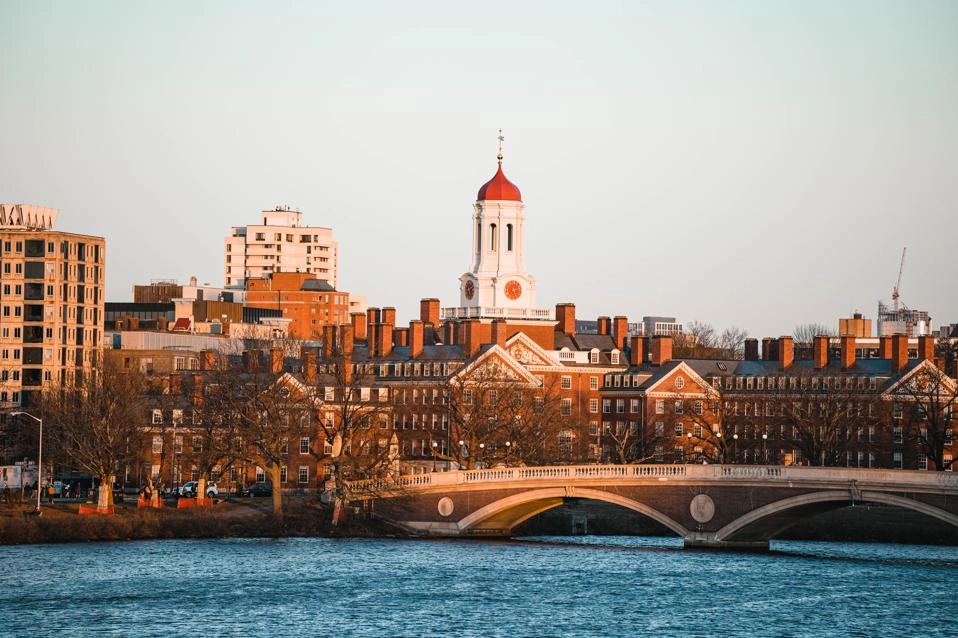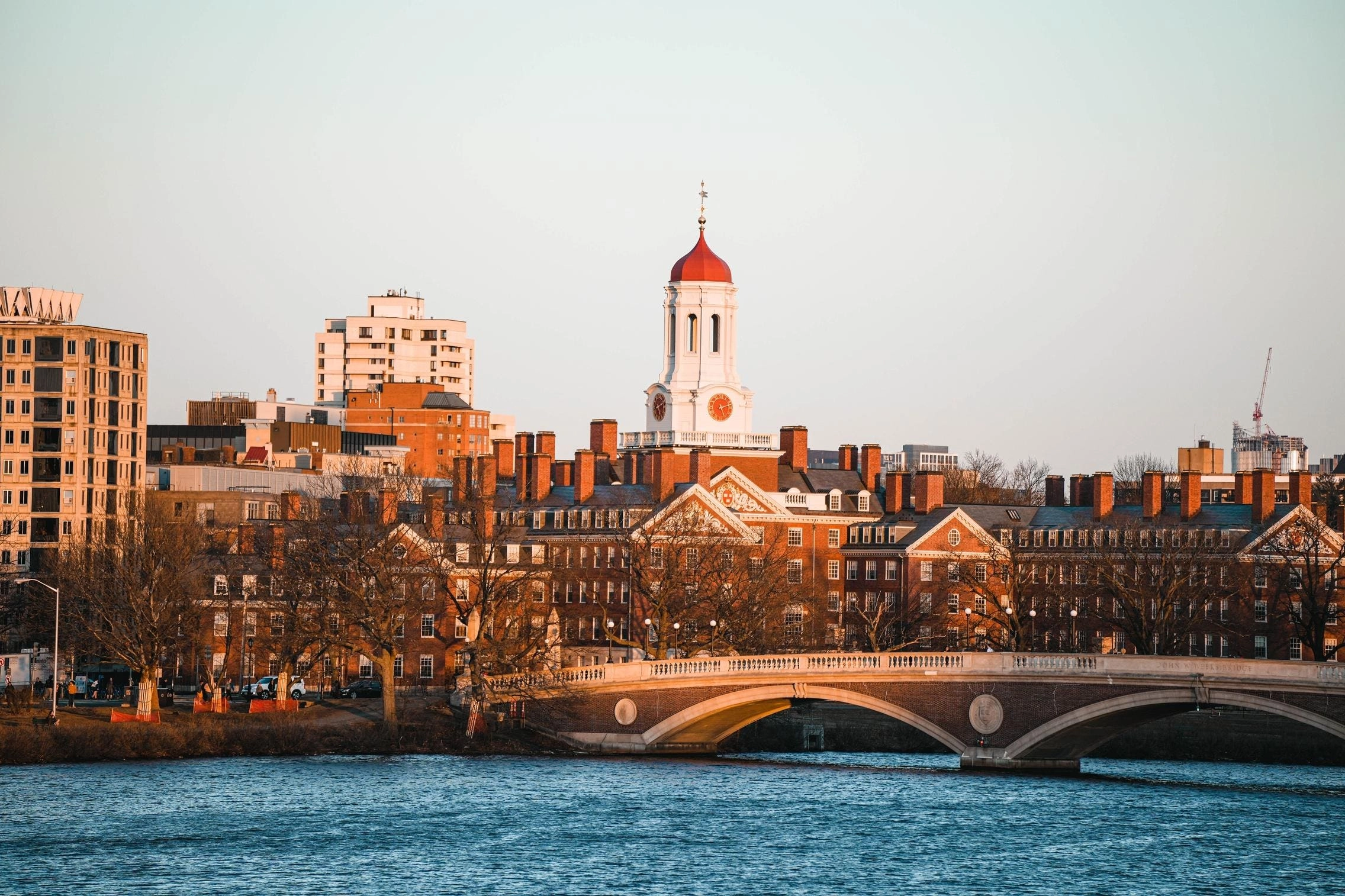
Teaching hospitals, state attorneys general, Harvard alumni and more universities have filed briefs ... More in support of Harvard's lawsuit against the Trump administration's funding freeze.
gettySeveral more parties have announced their support for Harvard Universitys lawsuit against the Trump administrations freeze affecting more than $2 billion in federal grant money.
Last week, 18 of the nations leading research universities requested that a federal judge allow them to file a legal brief supporting Harvards lawsuit to recover the funding being withheld by the Trump administration. That request was granted.
Now, several more institutions, higher education organizations and coalitions including teaching hospitals, Harvard alums, and state attorneys general are coming forward to file amicus curiae (or friend of the court) briefs in support of the nations oldest and wealthiest university.
Heres a quick summary of four of the more noteworthy filings.
Six more institutions joined the original 18 universities that asked Judge Allison D. Burroughs, whos presiding over the federal lawsuit, to allow them to file an amicus brief.
On Monday, that coalition filed a 19-page amicus brief, laying out how funding cuts for scientific research endangers a longstanding, mutually beneficial arrangement between universities and the American public. Terminating funding disrupts ongoing projects, ruins experiments and datasets, destroys the careers of aspiring scientists, and deters investment in the long-term research that only the academywith federal fundingcan pursue, threatening the pace of progress and undermining American leadership in the process.
Signing the brief were: American University; Boston University; Brown University; California Institute of Technology; Colorado State University; Dartmouth College; Georgetown University; Johns Hopkins University; Massachusetts Institute of Technology; Michigan State University; Oregon State University; Princeton University; Rice University; Rutgers University; Stanford University; Tufts University; University of Delaware; University of Denver; University of Maryland, Baltimore; University of Maryland, College Park; University of Oregon; University of Pennsylvania; University of Pittsburgh; and Yale University.
Also on Monday, a group of 21 attorneys general filed an amicus brief in support of a summary judgment in Harvards favor. They argue that, in addition to endangering Harvards research, the funding freeze threatens the economies and health of their states.
Massachusetts, California, Colorado, Connecticut, Delaware, the District of Columbia, Hawaii, Illinois, Maine, Maryland, Michigan, Minnesota, Nevada, New Jersey, New Mexico, New York, Oregon, Rhode Island, Vermont, Washington and Wisconsin were the amici states filing the brief.
They wrote that, beyond threatening current jobs and businesses, such a freeze would halt career development for promising new scientists and debilitate the pipeline for future innovators in Amici States. It would also prevent research into lifesaving medicines and transformative technologies with potential to improve the health and life of Amici State residents. In short, the federal governments current attack on research universities is, in multiple respects, an attack on the states themselves.
A dozen Boston-area teaching hospitals filed their own amicus brief claiming that the grant terminations at Harvard will have the consequence of threatening the Hospitals work to continually advance medical science.
According to the hospitals, the funding cuts will have the unintended, yet real, consequence of damaging the foundation upon which the Hospitals develop medical breakthroughs for their patients. Basic science researchoften conducted at universities like Harvardenables hospitals to do clinical research and develop breakthrough treatments or cures for disease. The Hospitals expand on the insights derived from the basic science research to launch clinical trials, and ultimately, treat and cure patients. The termination of Harvards federal research grants threatens to stunt future discoveries and medical advances.
Harvard Alumni
Former Harvard students have also joined the fray. More than 12,000 Harvard alumni filed a 14-page brief , condemning the Governments reckless and unlawful attempts to assert control over the core functions of Harvard and its fellow institutions of higher education.
The alumni include individuals from Harvards graduating classes for every single year from 1950 to 2025. They represent all 50 states; Washington, D.C.; U.S. territories; and dozens of countries around the world.
The Governments escalating attacksand this caseare about much more than funding. The Government strikes at the very core of Harvard: the longstanding practices and values of openness, free inquiry, and mutual respect, and its founding commitment to veritasthe quest for truth above all, the brief states.
The alumni also contend that the Governments end goal is to narrow our freedoms to learn, teach, think, and act, and to claim for itself the right to dictate who may enjoy those freedoms.
Harvard asked that Judge Burroughs grant a summary judgment in the case before September 3, claiming that after that deadline, the administration will argue that it cant reinstate the frozen funds. Oral arguments on the matter are scheduled for July 21.





